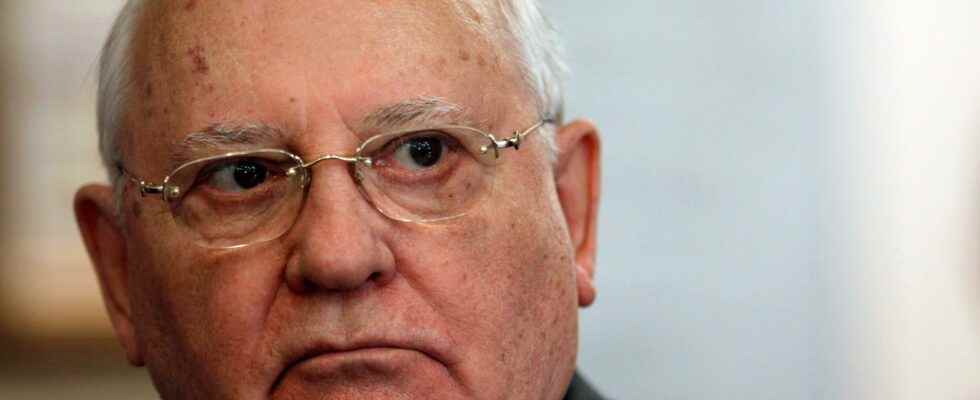Published: Less than 50 min ago
Updated: Less than 10 min ago
The last leader of the Soviet Union, Mikhail Gorbachev, has died, aged 91.
– He will go down in history as one of those who took the lead for one of the biggest upheavals in modern history, says Kristian Gerner, professor emeritus of history at Lund University.
Mikhail Gorbachev was born in the village of Privolnoye in the Stavropol District of southern Russia in 1931.
After studying law, he entered politics and in 1980 was appointed a member of the powerful Politburo. When leader Yuri Andropov died in 1984, he was seen as a possible successor, but had to wait a year, until 1985 when Konstantin Chernenko was elected and then died.
Mikhail Gorbachev thus became General Secretary of the Communist Party and leader of the Soviet Union – a role he held until 1991 when the Soviet Union dissolved.
With his policy at the time, he had opened for a rapprochement with the United States and an increased market economy. The policy also made it possible for the thaw in the Eastern Bloc and not least the upheavals in East Germany, which led to the unification of Germany in 1990.
– When he started with his reforms, he triggered movements within the country that he could not control. He had good intentions, but he lacked the ability to analyze consequences and see what he had set in motion, says Kristian Gerner, who likens Gorbachev to a tragic figure in a Shakespearean drama.
– The whole narrative that has been propagated by Vladimir Putin’s regime is that Gorbachev destroyed the Soviet Union and the country’s great power position. He has blamed all the mishaps on Gorbachev’s reform policy, so he has been extremely unpopular in Russia.
With Gorbachev, the whole world had learned the Russian expressions glasnost (openness) and perestroika (reconstruction, transformation).
– In the West, you have a more nuanced picture. That he tried to change a system but did not himself understand how it would work, says Gerner.
In 1990, Gorbachev was awarded the Nobel Peace Prize for signing a disarmament agreement with the United States in 1987.
